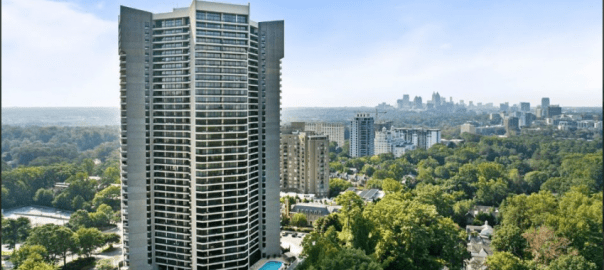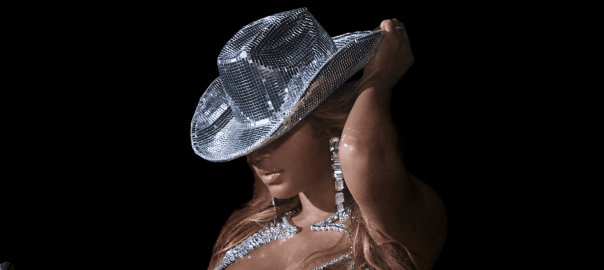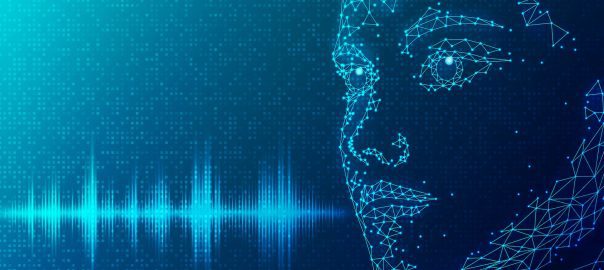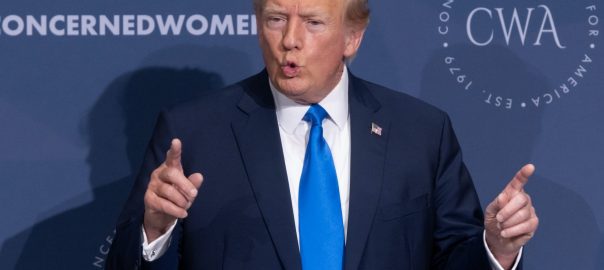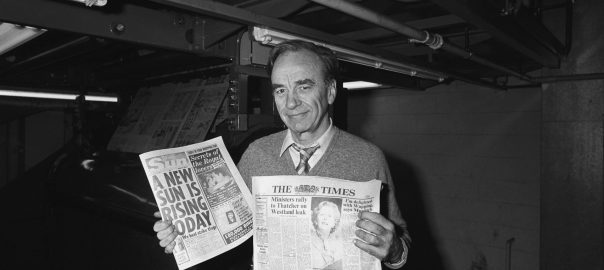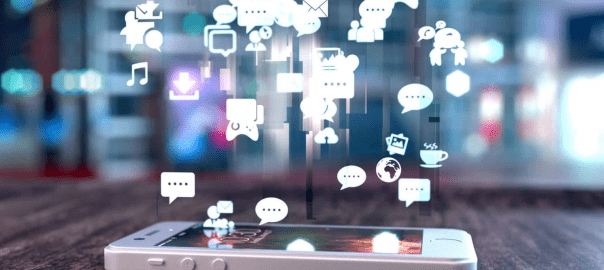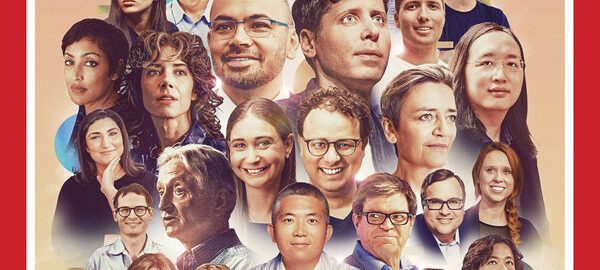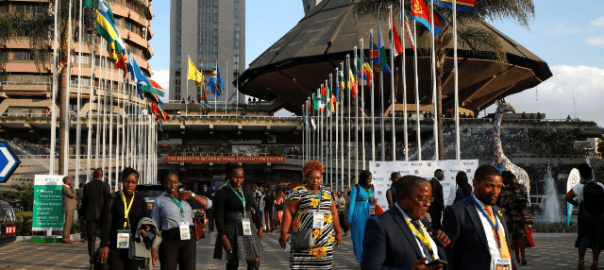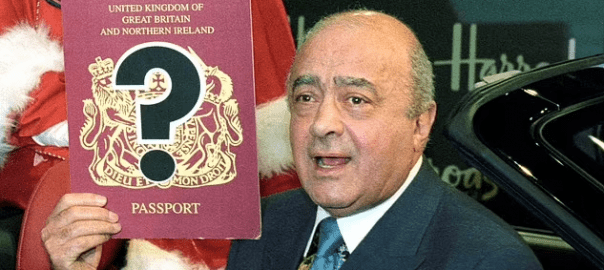https://youtu.be/u_o2Ptjflp0
Elton John has been performing in the United States since 1970 when he did his first American concert at the Troubadour in Los Angeles. Elton became so busy in the US with his music, television, films and charitable work that he bought a condo in Atlanta as his US base and eventually added five more neighboring units to expand his Atlanta condo to 13,300 square feet spanning two floors. Elton’s home is now for sale and featured this week at TopTenRealEstateDeals.com. Continue reading
Tag Archives: United States
RENAISSANCE: A FILM BY BEYONCÉ WILL TAKE OVER MOVIE THEATERS, WORLDWIDE THIS DECEMBER
RENAISSANCE: A FILM BY BEYONCÉ accentuates the journey of RENAISSANCE WORLD TOUR, from its inception to the opening show in Stockholm, Sweden, to the grand finale in Kansas City, Missouri. It is about Beyoncé’s intention, hard work, involvement in every aspect of the production, her creative mind and purpose to create her legacy, and master her craft. Received with extraordinary acclaim by International and US media alike, Beyoncé’s outstanding performance during RENAISSANCE WORLD TOUR created a sanctuary for freedom, acceptance, and shared joy. Its maximalist production welcomed more than 2.7 million fans from around the world, who travelled across oceans to enjoy Club RENAISSANCE. Now, millions of moviegoers will get caught up in the Joy Parade, the monumental dance party that celebrates everyone’s right to be themselves, close to home. Continue reading
FORTUNE Announces the 2023 ‘Change the World’ List
FORTUNE’s 2023 Change the World list is being led this year by a group of companies that are leading the EV revolution – converting cars and trucks from internal combustion to electricity – in one of the world’s most important net-zero missions. The four companies leading the push to convert the world’s most car-happy nation to electric vehicles, all in the #1 spot are: Tesla, General Motors, South Korea’s SK On which develops batteries for EV cars, and ChargePoint, operators of a network of 240,000 charging locations across the U.S.. Continue reading
Does AI have a right to free speech? Only if it supports our right to free thought
Simon McCarthy-Jones, Trinity College Dublin
The world has witnessed breathtaking advances in generative artificial intelligence (AI), with ChatGPT being one of the best known examples. To prevent harm and misuse of the technology, politicians are now considering regulating AI. Yet they face an overlooked barrier: AI may have a right to free speech.
Donald Trump’s truth: why liars might sometimes be considered honest – new research
Stephan Lewandowsky, University of Bristol and Jana Lasser, Graz University of Technology
According to fact checkers, Donald Trump made more than 30,000 false or misleading claims during his presidency. That’s around 20 a day. But, according to several opinion polls during his presidency, around 75% of Republican voters still considered Trump to be honest.
Rupert Murdoch and the rise and fall of the press barons: how much power do newspapers still have?
Simon Potter, University of Bristol
Global media tycoon Rupert Murdoch has announced his retirement as chairman of Fox and News Corp, making way for his son Lachlan. He has been demonised as a puppet master who would pull the strings of politicians behind the scenes, as a man with too much power. But what influence did he and his fellow media moguls really wield?
Prominent dark sides and hidden agendas of social media moderators
Mon, Sep 18 — It is important to note that not all social media moderators are motivated by these dark sides and hidden agendas. Many moderators are genuinely trying to create a safe and welcoming environment for users. However, the power that social media moderators wield means that it is important to be aware of the potential for abuse. Continue reading
TIME Reveals Inaugural TIME100 AI List of the World’s Most Influential People in Artificial Intelligence
NEW YORK, Sept. 7, 2023 /PRNewswire/ — Today, TIME reveals the inaugural TIME100 AI, a new list highlighting the 100 most influential people in artificial intelligence.
The 2023 TIME100 AI issue features a worldwide cover with illustrations by Neil Jamieson for TIME, featuring 28 list-makers including Sam Altman of OpenAI, Dario and Daniela Amodei of Anthropic, Demis Hassabis of Google DeepMind, and more from the new list. Continue reading
Africa Climate Summit: “opportunity” awaits
By Alister Doyle | Climate Correspondent
The Africa Climate Summit (ACS) is hearing a lot about “opportunities” for combating climate change on the continent that has done least to cause warming yet is most vulnerable to its harmful impacts.
The September 4-6 summit in Nairobi is a striking shift for African governments, who have berated rich nations for failing to meet a promise to mobilise $100 billion a year in climate finance by 2020. That year, it totalled just $83 billion. Continue reading
Why was Mohamed Al Fayed refused a British passport?
Sept. 2, 2023 /World/ — Mohamed Al Fayed was a wealthy Egyptian businessman who owned Harrods department store in London. He was also the father of Dodi Fayed, who died in a car crash with Princess Diana in Paris in 1997. Al Fayed has always maintained that the crash was not an accident, but was a murder plot carried out by the British establishment. He has accused the establishment of being prejudiced against him because he is a Muslim and an Arab. Continue reading

